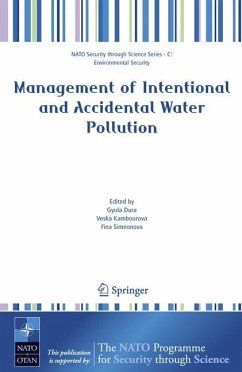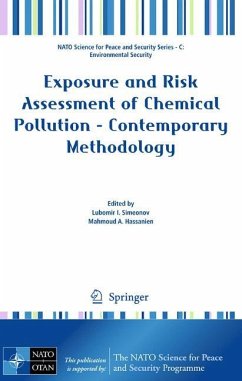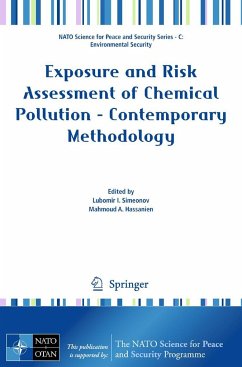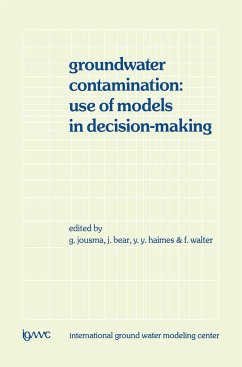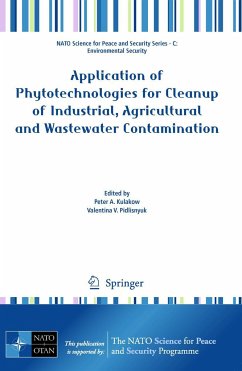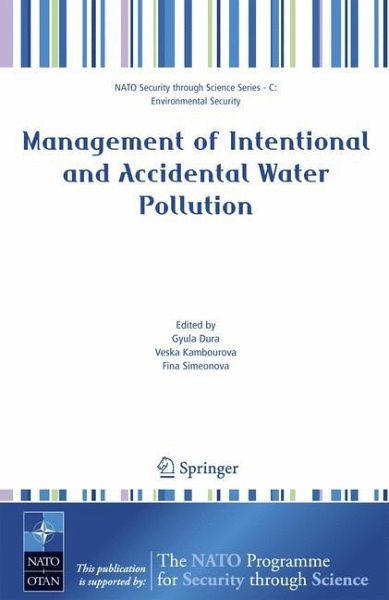
Management of Intentional and Accidental Water Pollution
Versandkostenfrei!
Versandfertig in 6-10 Tagen
151,99 €
inkl. MwSt.
Weitere Ausgaben:

PAYBACK Punkte
76 °P sammeln!
Scientists, representing the fields of agriculture, biodiversity, ecology epidemiology, medicine, microbiology, public health, toxicology, risk assessment, environmental protection and bioethics from 15 countries and 3 continents came together in May 8-12 2005, in Sofia, Bulgaria to discuss the future of water safety and security. The goals of the workshop included a discussion of the state of the science in identification of new research and approaches for water pollution events and communication of the management of water pollution and sustainability of water resources. Critical to managemen...
Scientists, representing the fields of agriculture, biodiversity, ecology epidemiology, medicine, microbiology, public health, toxicology, risk assessment, environmental protection and bioethics from 15 countries and 3 continents came together in May 8-12 2005, in Sofia, Bulgaria to discuss the future of water safety and security. The goals of the workshop included a discussion of the state of the science in identification of new research and approaches for water pollution events and communication of the management of water pollution and sustainability of water resources. Critical to management of accidental and intentional pollution events is the assessment of the risk, an understanding of the hazards and lessons learned from events which may lead to preventative management and control strategies. Public health protection will ultimately be improved by the ability to develop management frameworks which are flexible and adaptable to the specific region, country or watershed problems and concerns and allow for prioritization in the decision making. The integration of scientific information regarding the types of hazards the environmental fate of the chemical/biological, exposure pathways and human and ecosystem impacts may be implemented from both a qualitative or descriptive approach or using a more classical quantitative risk assessment paradigm. Thus the frameworks for assessing the risk and managing the risk may be seen as preventive, early warning and responsive.





